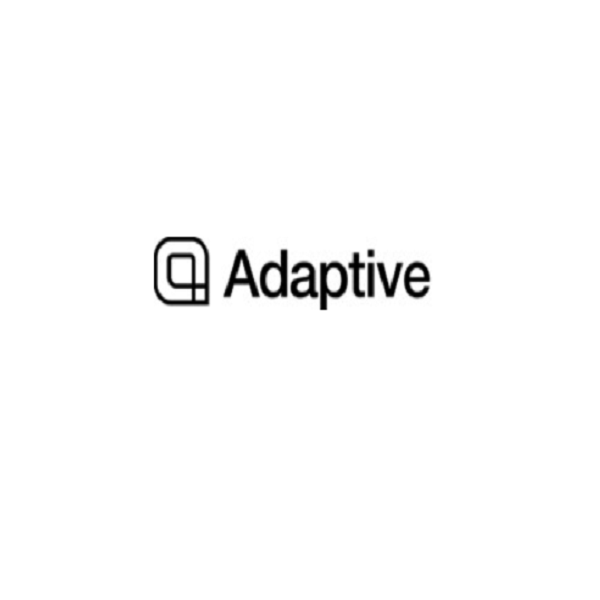The rapid advancement of Artificial Intelligence capabilities has sent shockwaves across industries worldwide, with the recent launch of GPT-4o serving as a prime example of AI’s geometric progress. Within the cybersecurity world, recent developments suggest that AI agents may eventually attain skill sets that will make them on the same level as junior hackers, which raises questions about the future role of human experts in ethical hacking and vulnerability detection.
Just a few weeks ago, a research study showed that LLMs can leverage information from the Common Vulnerabilities and Exposures (CVE) database to autonomously hack systems when given vulnerability descriptions. This research highlighted the growing capabilities of AI in identifying and exploiting security flaws.
Now, Jobert Abma, the co-founder of HackerOne has revealed that the company has developed an AI agent that can solve Hacker101’s CTF challenges. In a recent tweet, Jobert stated that just a few months ago, the AI hack agent could find basic vulnerabilities and solve the first few Hacker101 CTFs. He added that soon, it will be able to solve all of them.
While this development might raise concerns about AI’s potential to replace human hackers, Jobert Abma clarified that the approach to security will continue to involve a combination of human and machine intelligence.
Jobert also emphasized that human creativity and curiosity remain invaluable assets that AI has yet to surpass. He believes that accessible AI automation could lead to a decrease in the average volume of reports per hacker, potentially driving up rewards for scarce, high-quality vulnerability discoveries.
The HackerOne co-founder sees AI as a “superpower” that will enable hackers to find more sophisticated and complex vulnerabilities, just as automation has aided hackers throughout history. He predicts that while AI might automate basic hacking tasks, it will also introduce new types of security vulnerabilities that will require human expertise to identify.
Conclusion:
As the cybersecurity landscape evolves, the role of human hackers is likely to shift from identifying basic vulnerabilities to developing advanced techniques for detecting and exploiting much more critical flaws, while leveraging AI as a powerful tool to augment their capabilities.
Even though AI agents might eventually replace junior hackers in automating basic hacking tasks, the cybersecurity industry will continue to rely on the creative skills and experience of human hackers to stay ahead of cyber threats and protect digital systems from attacks.





